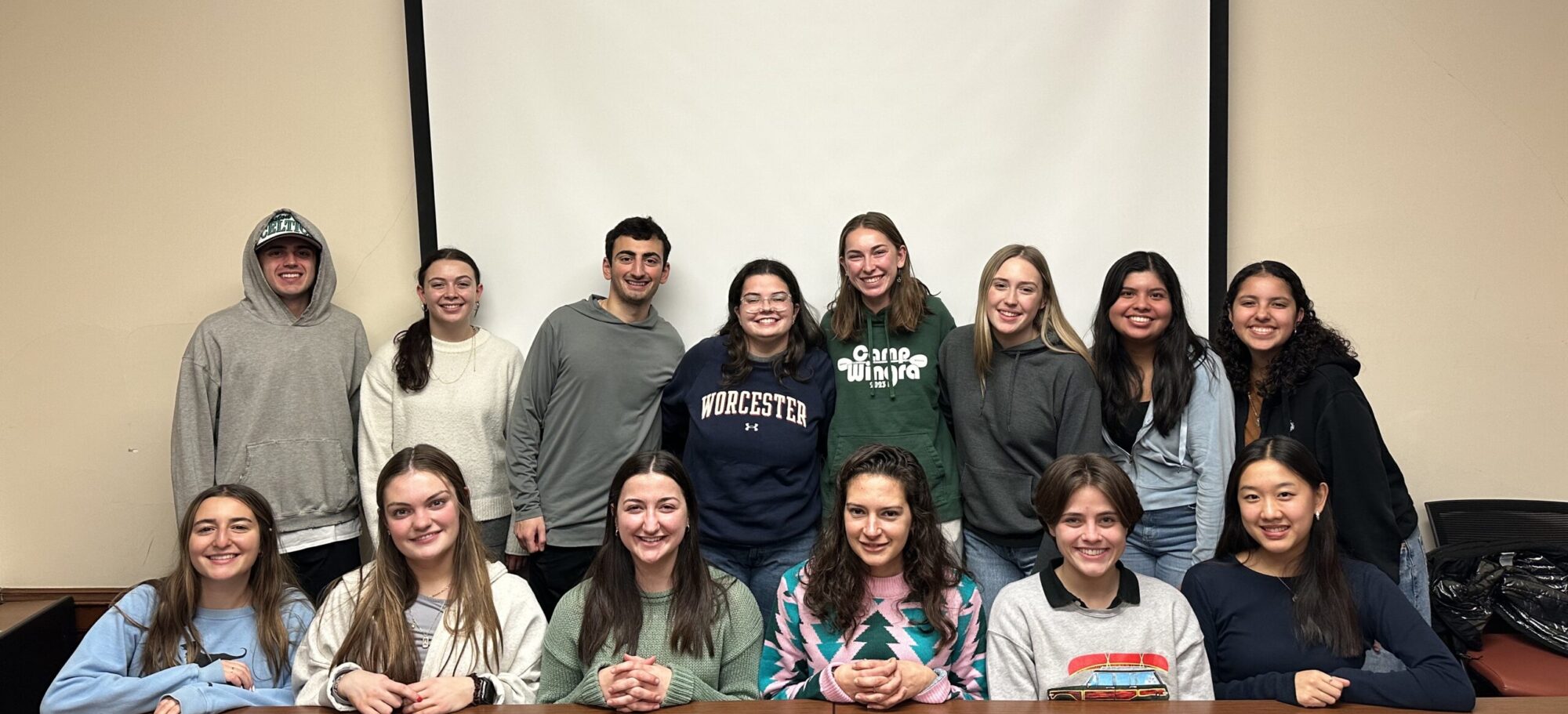An Ignatian Examen of My Spring Break Experience in Wheeling, WV
Ignatian spirituality is defined by repetitive reflection and contemplation. After an impactful Spring Break Immersion experience last spring in Alamosa, Colorado that ignited internal contemplation, I decided to go on another immersion trip this past month. I was placed at an Appalachia site, The Soup Kitchen of Greater Wheeling in Wheeling, VA. After a snowstorm delayed our flight, I finally embarked to West Virginia on Sunday night with 5 of my peers. When we arrived in West Virginia on Sunday morning, we were greeted by our site contact, Becky. I could immediately tell it was a cause close to her heart. After a quick orientation of the kitchen and dropping our luggage and sleeping bags upstairs, we got straight to work: chopping produce, serving food, cleaning, and sharing meals with members of the Wheeling community.
Over the course of the week, I met many members of the Wheeling Community and was exposed to a different story than the one I had previously been told and believed about Appalachia and its people. The people coming to the soup kitchen came from different walks of life, backgrounds, and situations. I didn’t expect the people of Wheeling to open up to me – why should they? Nothing about our circumstances for being at the soup kitchen was the same. And yet, they did.
As Chimamanda Ngozi Adichie put in her TedTalk “The danger of a single story,” single stories about groups or types of people are powerful and pervasive. And yet, it’s not exactly our fault for believing them in the first place. It is human nature to stereotype and categorize, a survival instinct. However, once we are aware of our tendencies, we should seek out opportunities to rewrite the stereotypes in our heads. As Adichie eloquently states, “the problem with stereotypes is not that they are untrue, but that they are incomplete.” My week in Wheeling changed my perspective and opened my heart to the stories of a community I hadn’t had the chance to listen to before.
Many people hold stereotypes about people who use social services or soup kitchens. Whether it’s that they are very poor, unhoused, using drugs, or somehow lesser human, these stereotypes are prominent in the media and are believed by many people, even people who don’t realize they think them. While it is undeniable that some people who are homeless are struggling with substance use or addiction, many community members who I met were not. The Wheeling community was multidimensional: a community undoubtedly dealing with poverty and hunger but also full of happy young children, new parents, and elderly people full of wisdom and good stories.
I think my experience in Wheeling is valuable for the Holy Cross community at large. We are fortunate to be studying here, surrounded by a supportive community. We are also a campus on a hill, secluded or sheltered from the Worcester community both physically and symbolically. That is the value of CBL, the opportunity to dispel the own stories you hold. To find new empathy in your heart. To form connections with people across differences of identity and lived experience.
There are always going to be people who “prove” the stereotype right or who take advantage of a system aimed at helping them. But the few do not, and should not, speak for the whole. There is never a reason to stop listening, engaging, empathizing, and helping when possible.


